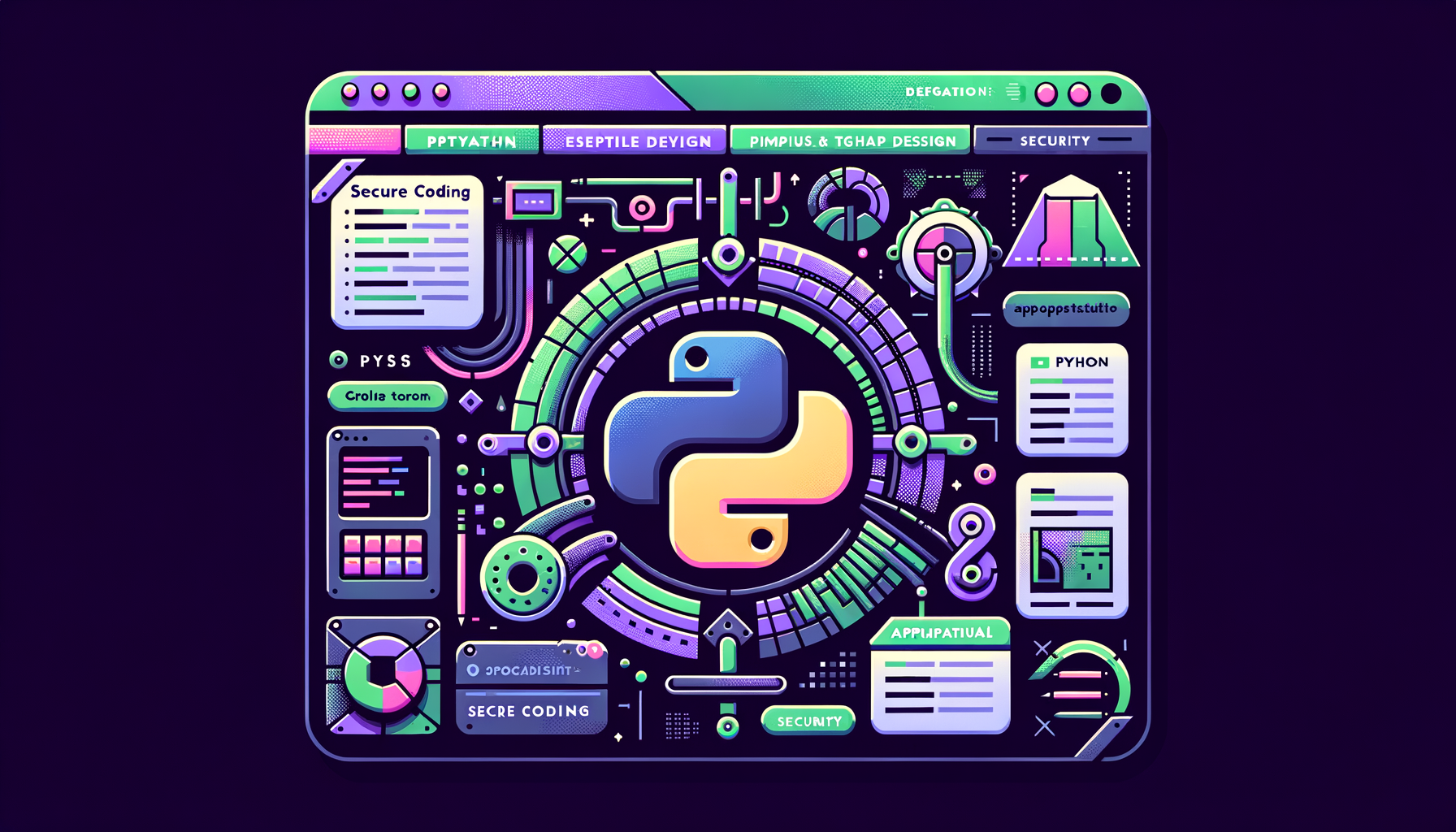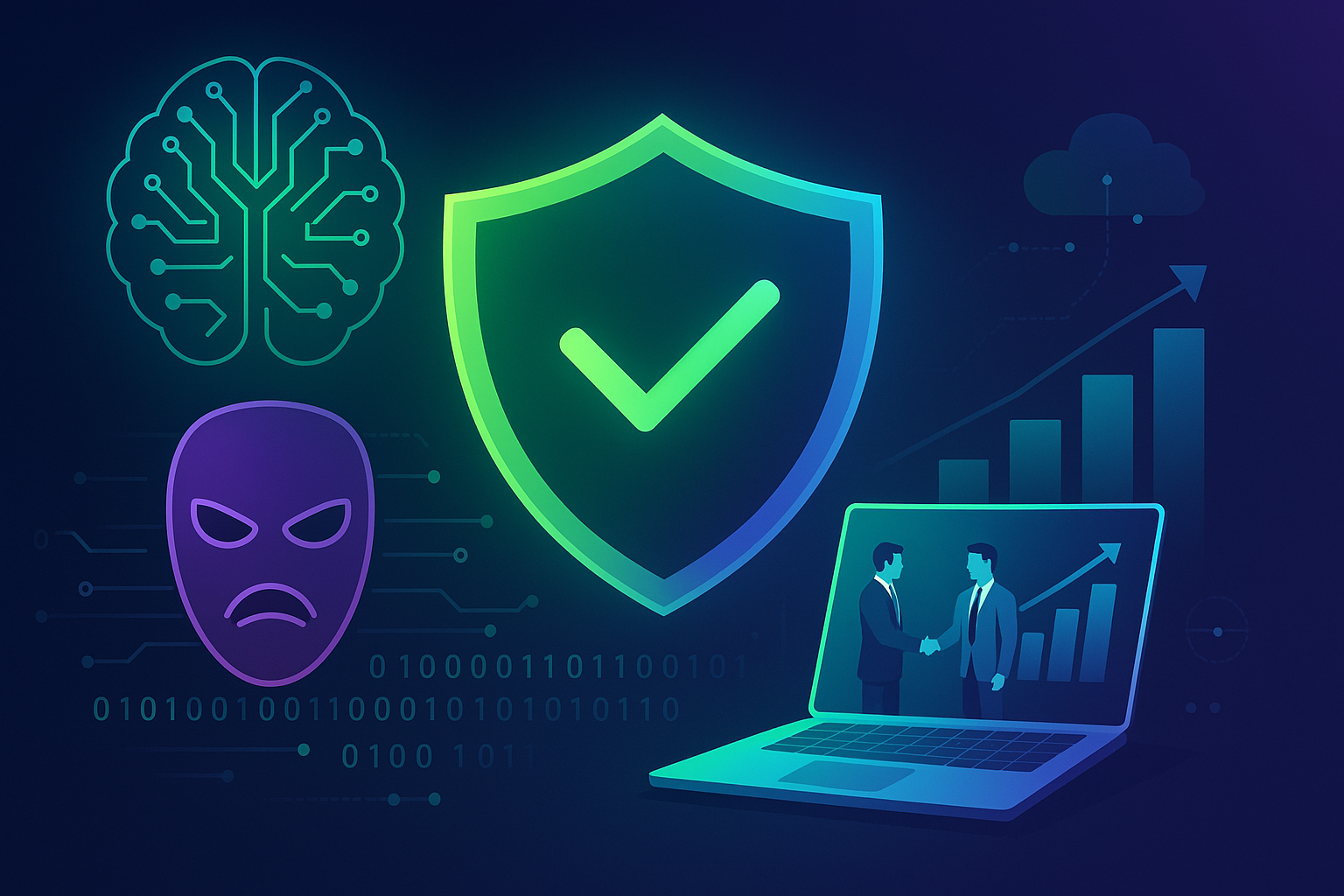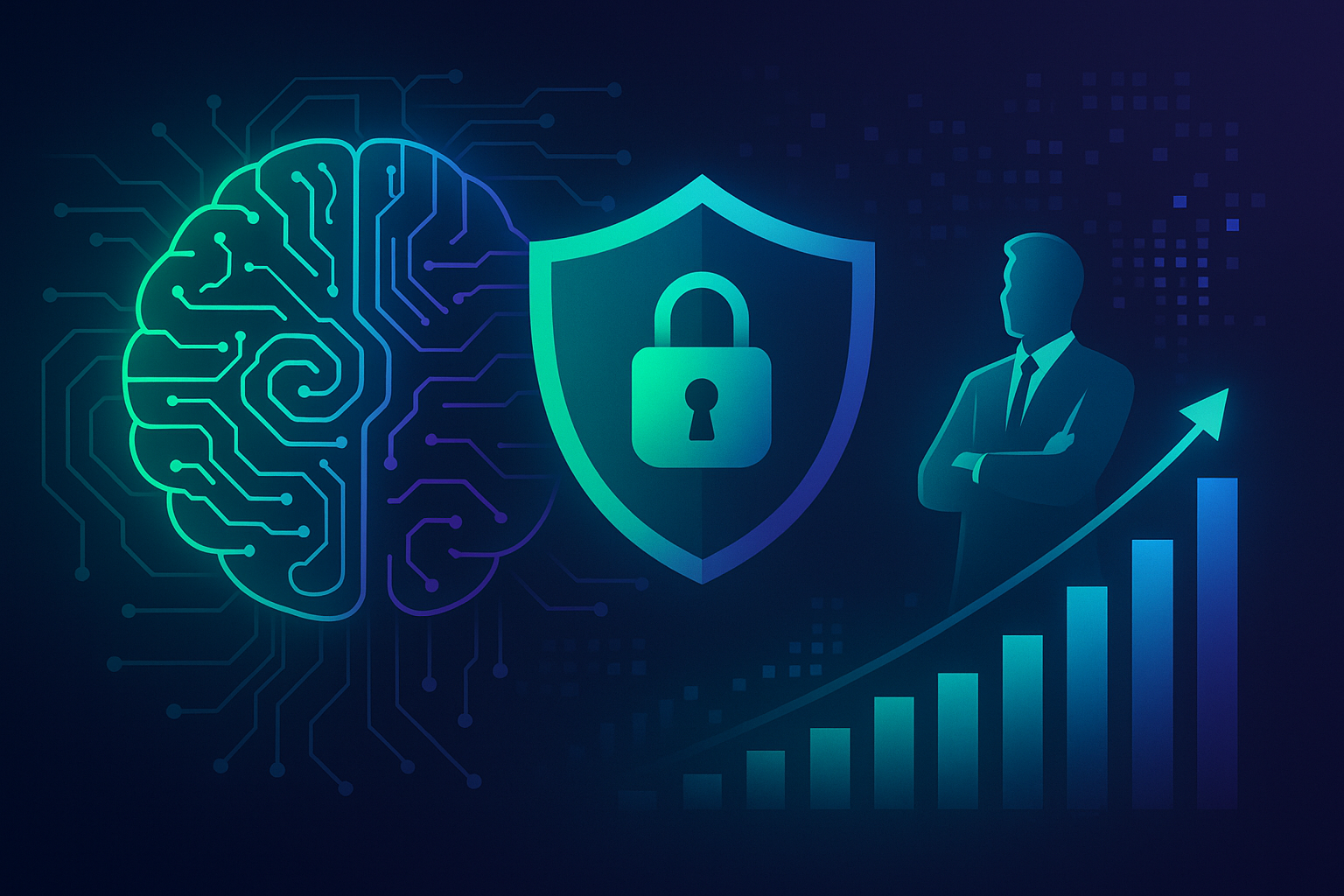Building Secure Applications with Python: A Comprehensive Guide for Businesses
In today’s digital age, cybersecurity has become a top priority for businesses worldwide. Companies are increasingly turning to trusted and secure programming languages like Python to build robust and secure applications. This article delves into practical ways to leverage Python to enhance your application’s security and integrates insights from multiple reliable sources to provide a thorough understanding.
Why Python for Secure Applications?
Python is renowned for its simplicity and readability, making it an excellent choice for developers. Its rich ecosystem of libraries and frameworks, such as Django and Flask, support rapid application development while ensuring a strong security posture. According to Stack Overflow’s Developer Survey 2023, Python ranks highly among the most loved languages, emphasizing its importance in the developer community.
1. Understanding Python Security Best Practices
Building secure applications requires adherence to established best practices in coding, design, and implementation. Some of the key practices include:
- Input Validation: Ensure that data input from users is sanitized and validated to prevent injection attacks.
- Use of Secure Libraries: Leverage well-maintained libraries that are actively updated to patch vulnerabilities.
- Error Handling: Implement robust error handling to avoid leaking sensitive information.
- Authentication and Authorization: Use secure methods for authentication and ensure proper access control mechanisms.
Protecting Against Injection Attacks
Injection attacks, such as SQL injection or command injection, are common threats in web applications. Using parameterized queries or ORM frameworks like SQLAlchemy in Python can mitigate these risks. Moreover, always validate and sanitize user input to prevent malicious commands from being executed.
Libraries and Frameworks
Choosing the right libraries can significantly enhance your application’s security. For instance, cryptographic operations can be securely implemented using libraries like PyCryptodome or PyCA Cryptography.
2. Leveraging Hodeitek’s Cybersecurity Services
For businesses aiming to ensure the highest level of security in their applications, Hodeitek offers a comprehensive suite of cybersecurity services. Let’s explore how our services can complement your Python application security:
Cybersecurity Solutions at Hodeitek
- EDR, XDR, and MDR: Our managed detection and response services provide advanced threat detection and response capabilities, ensuring continuous protection against evolving threats.
- Next Generation Firewall (NGFW): An NGFW provides network traffic monitoring and advanced filtering, which is essential for safeguarding networked applications built with Python.
- Vulnerability Management as a Service (VMaaS): Regular vulnerability assessments can identify and mitigate security weaknesses in your Python applications.
- SOC as a Service (SOCaaS) 24×7: Our 24×7 SOCaaS provides continuous monitoring and incident response, ensuring real-time protection for your critical applications.
- Industrial SOC as a Service (SOCaaS) 24×7: Tailored for industrial environments, this service offers specialized security monitoring for industrial control systems integrated with Python applications.
- Cyber Threat Intelligence (CTI): CTI services provide insights into emerging threats, helping you stay ahead of potential risks.
- Data Loss Prevention (DLP): DLP solutions help safeguard sensitive data handled by your Python applications, preventing leaks and unauthorized access.
- Web Application Firewall (WAF): A WAF protects your web applications from common threats like SQL injection and cross-site scripting (XSS).
3. Real-world Examples and Statistics
To highlight the effectiveness of secure Python applications, consider the following examples and statistics:
- Case Study: Microsoft leveraged Python in their cybersecurity initiatives, improving threat detection and response time by 40%
- According to a report by Verizon, 43% of data breaches in 2023 involved application vulnerabilities, emphasizing the need for secure coding practices.
These examples and statistics underscore the importance of secure application development and the impact it can have on protecting your business from cyber threats.
Conclusion
In conclusion, developing secure applications with Python is crucial in today’s threat landscape. By following best practices and leveraging comprehensive cybersecurity services like those offered by Hodeitek, businesses can ensure robust protection for their applications and data.
For more information about our cybersecurity solutions, visit our services page or contact us directly here. Secure your applications today with Hodeitek’s expert services and stay ahead in the cybersecurity race.
Take action now to protect your business from cybersecurity threats. Explore our cybersecurity services and ensure your applications are built on a strong security foundation.






